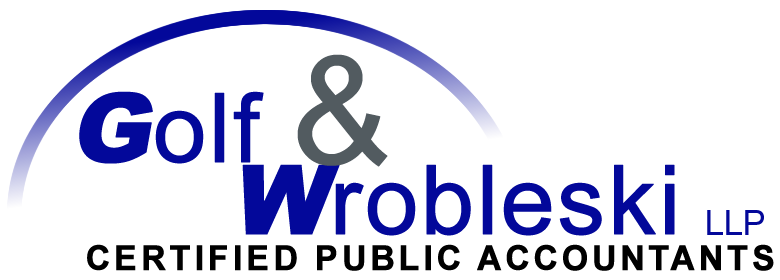Golf & Wrobleski
Should you convert your traditional IRA to a Roth?
Don’t forget about smaller clients
Of course, you and your next in line will be unable to visit every customer, either because of location or the client’s importance to your company. But don’t neglect customers who place small or infrequent orders. At the least, call each one. If you can’t reach your contacts, send them a personalized letter inviting them to call you or your successor at their convenience.
——————————————————————————–
Should you convert your traditional IRA to a Roth?
If you already have a traditional IRA, you may want to roll it over into a Roth IRA. Why? You can convert tax-deferred future income growth into tax-free growth.
IRA account holders who have more than a decade to save for their golden years or expect to be in the same or a higher tax bracket when they retire may benefit the most from this change. And those planning on working well beyond the usual retirement age may want to consider the rollover because, unlike with traditional IRAs, you can make nondeductible Roth IRA contributions after age 70-1⁄2. But you must have earned income equal to the contribution amount, and there are certain income requirements and other contribution limits.
If you don’t expect to need any of your IRA assets, a Roth IRA can allow you to bequeath more to your heirs because you’re never required to take distributions. Plus, the Roth IRA can continue to grow tax-free in your loved ones’ hands — though they will be required to take distributions.
To qualify for the rollover, if you are married, you and your spouse must file jointly and your adjusted gross income must be less than $100,000, not including the conversion amount. Although your income may be too high for you to qualify now for a conversion, you might be eligible after you retire when your income will probably decrease.
There are some disadvantages. For instance, you must pay tax — as if you are taking distributions — on the amount you roll over during the conversion year. Also, the increase in taxable income could limit or eliminate tax breaks such as itemized deductions, education deductions or credits, or other itemized benefits.
Contact Golf & Wrobleski
How Can We Help?
New York Office
New Jersey Office
Fair Lawn NJ 07410
Call Us


